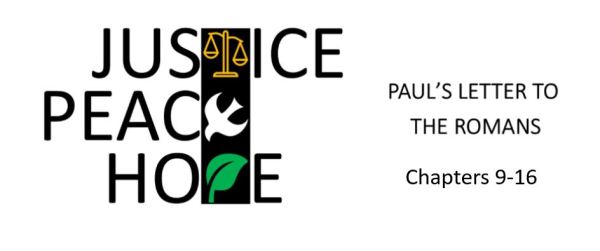Forget crowns and castles! What does it REALLY mean to be a king? This Easter, it’s time to rethink everything you thought you knew about power, sacrifice, and the true King who changed the world forever. We are “RethinKING Easter.”
Palm Sunday – The King of Peace
Read the text – Zechariah 9:9-17; Luke 19:28-44
We can define a king as one with the power to raise an army yet Jesus defies this kind of kingship because he comes as one who is “gentle and riding on a donkey”. The kingship that he brings is one of peace in the face of war. We need not be threatened by Jesus but welcome him with praise.
In this talk Ken Noakes helps us to see the long-term fulfillment of what was long proclaimed about God’s King – and story that spanned 500 years from prophecy to fulfillment.
Good Friday – The King of Service
Read the text – Exodus 12:14-28; Luke 22:1-37
We can define a King as one who people serve, yet Jesus defies this kind of kingship by being the one who came to serve, laying down his life for his friends.
In this talk, Gary Haddon helps us to see in Jesus a sovereign King who suffered and a king who suffered in order to save.
Easter Sunday – The King of Life
Read the text – Luke 23:50-24:35; Acts 2:22-39
A way to define kingship by succession – yet we still recognize that for every king, no matter his power, or influence, or riches – they will one day die. Yet Jesus defies kingship in almost every way – not least of all in his death and then resurrection. A king, who in death gave his riches as an internal inheritance for all who trust in him. That is Easter.
In this talk Neil Atwood will help us consider the significance of Jesus’ resurrection as a certain indicator of Jesus’ true kingship over all of life.


